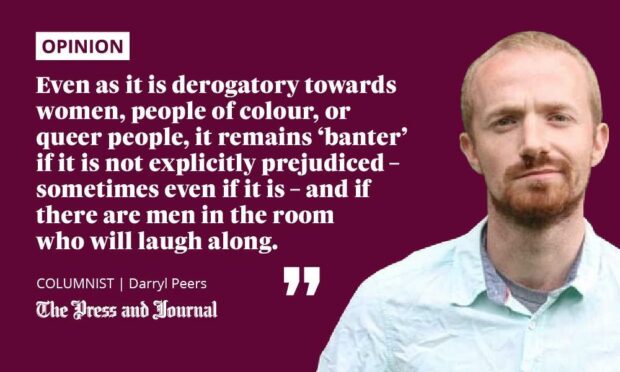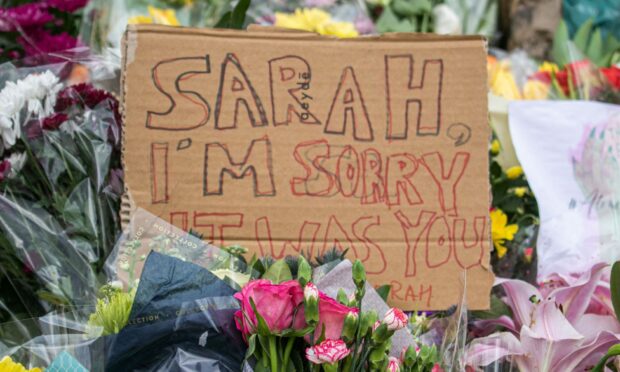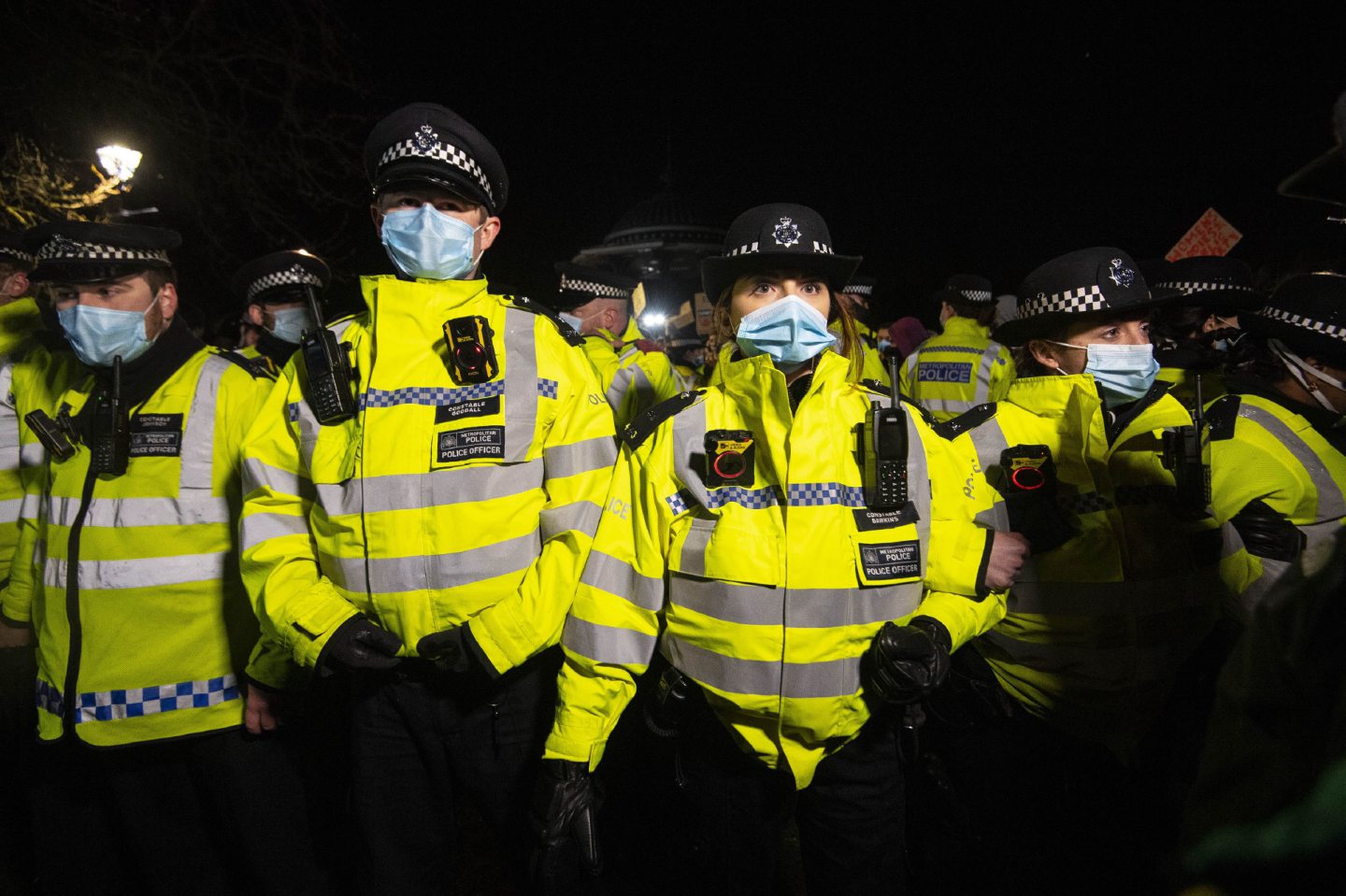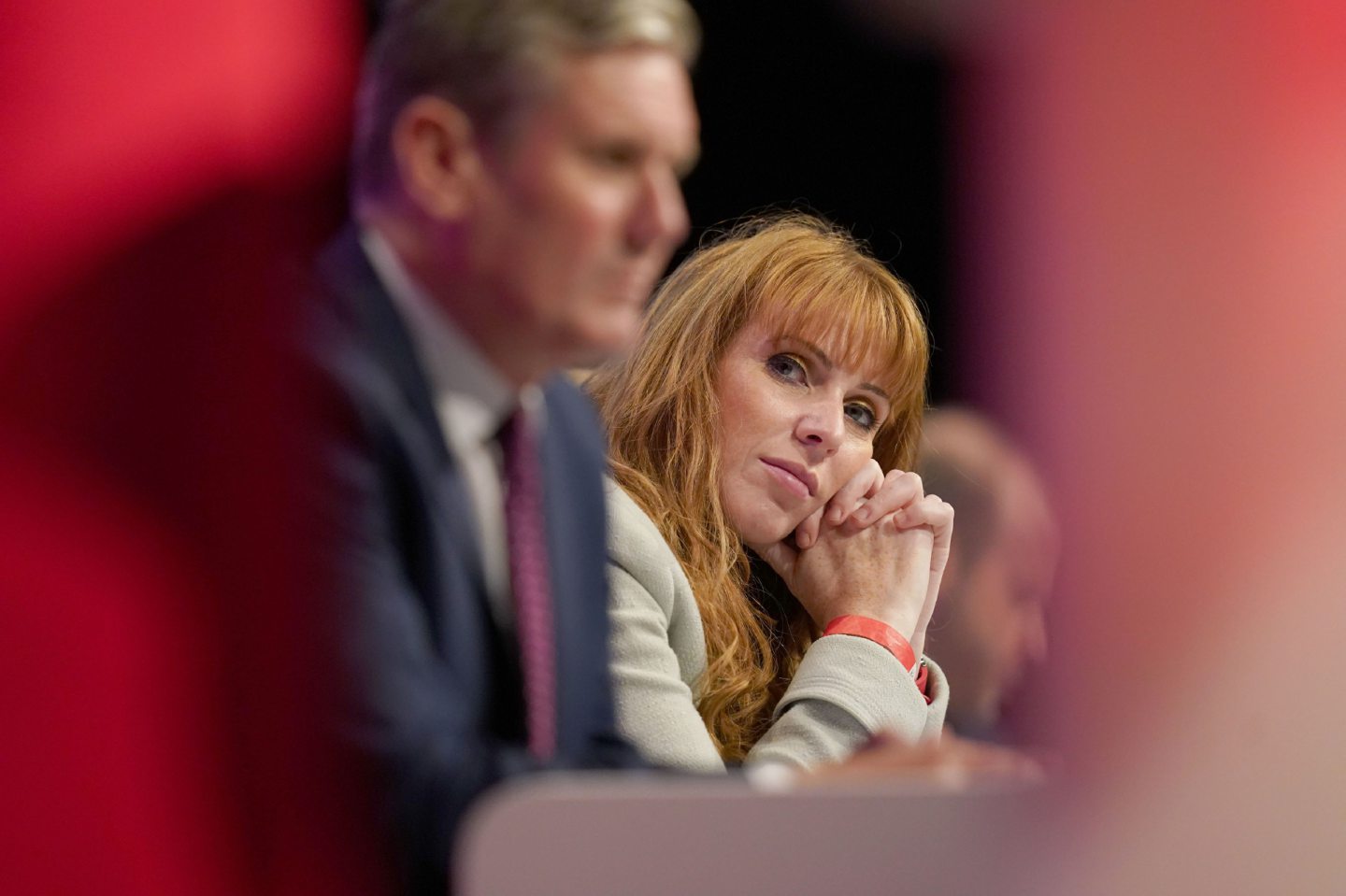In another chilling revelation from the Sarah Everard case, we have now found out that a WhatsApp group in which the murderer and five other police officers exchanged misogynistic messages is under investigation.
Shortly after discovering this, I learned that the murderer had been given the nickname “the rapist” by former colleagues, earned from his reputation for making women uncomfortable.
These two facts have come out amidst a broader pattern of events suggesting that the Metropolitan Police houses a culture which condones, perhaps even breeds, misogyny and sexism. And we have seen that the consequences of that can be fatal.

But, if we are all shaking our heads and pointing our fingers at the Met – justified as that is – we shouldn’t let it prevent us from analysing how misogyny is working closer to home.
‘Banter’ is too often used as an excuse
WhatsApp groups are curated social circles. They are created to give the people there a space to talk among themselves without fear of being overheard by those who are excluded.
In a workplace, this encourages inward-looking cliques. In a workplace that is misogynistic, this creates space for groups of men to get together and pass comment on female colleagues and clients without fear of reprisal.
For those of us not deemed manly enough to be in such groups, we get a taster of how the conversation plays out when we overhear members having in-person discussions. Challenge them on it, and – in my experience – you’ll be told that you’re misinterpreting what was clearly “banter”.
When I started my first full-time job, I was a teenager. More experienced, older colleagues – who I was informed were my mentors, whose word I was supposed to respect – were frequently keen purveyors of “banter”.
As a man, sometimes I was expected to participate. As a queer man, I soon became the object of “banter” myself.
And when you’re in an environment where you’re the newbie, where – in comparison to your colleagues – you are aware that you know so little, it can be difficult to recognise that their “banter” is degrading.
Hetrosexual men set the rules
Because, in environments that work to the interests of cisgender, white heterosexual men – almost all environments – “banter” is what these men decide it is. And the rest of us had better get laughing, no matter the cost to how we perceive ourselves.
This extends into our personal lives. To give an example, I recently received a message from a male friend.
Heterosexual men set the rules in my relationships with them, and I am presented with a choice: sign up in silence, or cause so-called drama by articulating my actual thoughts
He was asking me about postgraduate study on behalf of another man with whom he was at the pub. I quickly replied, offering to provide what information I could, should his friend want it.
I then received another message, telling me that if I could get his friend on a degree immediately, great, but if not, I could go f*** myself.
It’s a hurtful thing to say, taken at face value. But I’m not supposed to take it that way – I’m supposed to buy into the delusion that some unspoken understanding exists which means that this is not to be taken literally.
I reflected that, in his shoes, I would not have made the same comment. Which got me to wondering: where did this come from? Does it express something that my friend thinks of me more generally?
When, later, I plucked up the courage to say that this comment had moved past our usual repartee, my friend was understanding. He apologised and told me it was a joke. And, for him and me, that’s good – we move on.
But, for me, it’s also part of a pattern where heterosexual men set the rules in my relationships with them, and I am presented with a choice: sign up in silence, or cause so-called drama by articulating my actual thoughts.
Because jeopardising friendships isn’t fun, I most often choose the former.
Language is a storehouse for violence
Even if my fears are unfounded and this comment wasn’t an expression of latent homophobia, it is only a joke insofar as it is funny to a particular kind of man.
I can already hear the mutters that I’m a snowflake; that I read too much into innocuous comments.
But this is how “banter” reinforces everyday power dynamics. Even as it is derogatory towards women, people of colour, or queer people, it remains “banter” if it is not explicitly prejudiced – sometimes even if it is – and if there are men in the room who will laugh along.
Those who don’t find it funny are told that their alternative way of seeing things is wrong. This is just another way in which some men imagine that their particular experiences are universal.
Language is a storehouse for violence, where people try out what it feels like to express it, consciously or not. But it doesn’t have to be – if our jokes are not at anyone’s cost, if we choose not to write others off as “scum”, as Angela Rayner did recently. Instead, we might speak with empathy; we might speak in a way that is also a readiness to listen.
The “banter” of lads’ WhatsApp groups normalises and sets a context for violence towards others.
We should not be waiting around for violent events to challenge that normalisation, to stop laughing along when we don’t find jokes funny. To say aloud: where did that come from? Doing that might just nip something in the bud.
Darryl Peers is a writer from the north-east of Scotland



